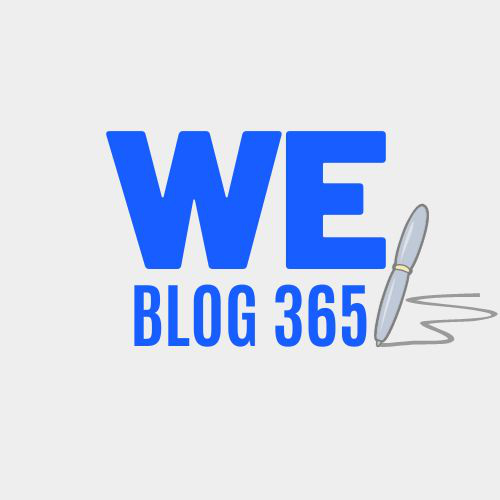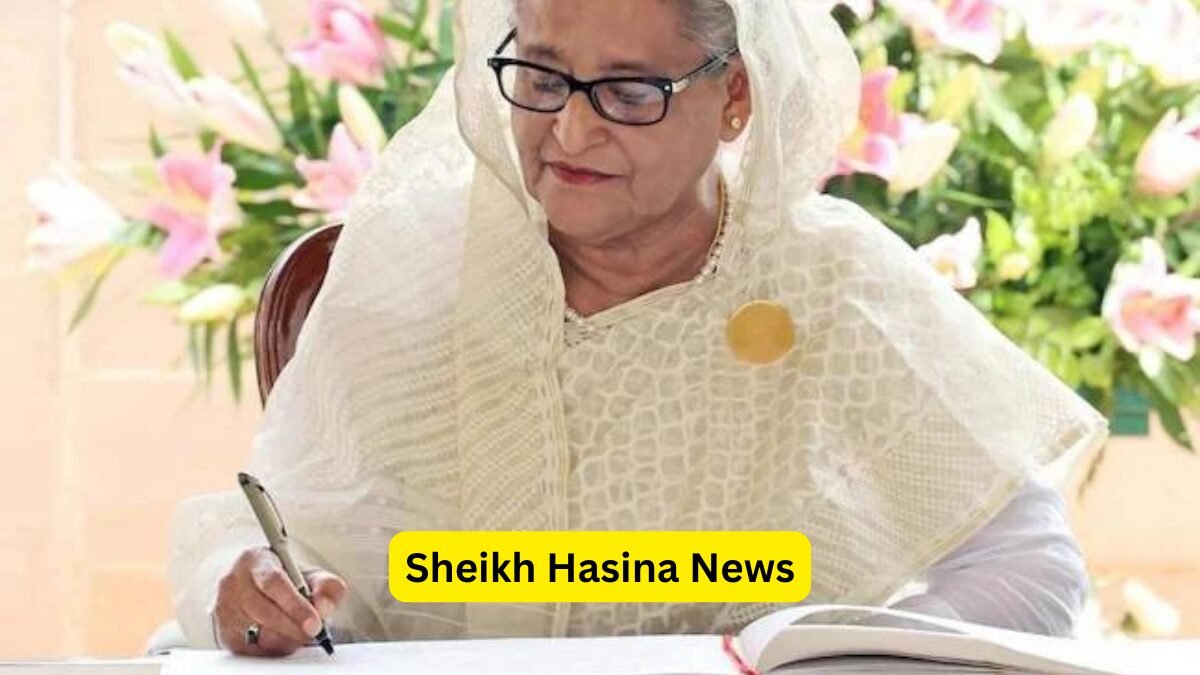The political landscape in Bangladesh has been increasingly turbulent, with Prime Minister Sheikh Hasina often at the center of national and international news. As the leader of the Awami League, Sheikh Hasina has been a dominant force in Bangladeshi politics for decades. However, recent developments have brought significant attention to her administration and the challenges it faces. This article will explore the latest “Sheikh Hasina news,” examining the political tensions, protests, and the implications for Bangladesh’s future.
Sheikh Hasina, the Prime Minister of Bangladesh, has been a significant figure in the country’s political arena. As the daughter of the nation’s founding leader, Sheikh Mujibur Rahman, her political legacy is deeply intertwined with the history of Bangladesh. Known for her resilience and leadership, Sheikh Hasina has held the office of Prime Minister since 2009, making her one of the longest-serving leaders in South Asia.
Political Background
Sheikh Hasina’s political career began in the 1980s, following the assassination of her father and much of her family in 1975. She became the leader of the Awami League, the party her father founded, and has been a pivotal figure in Bangladesh’s political scene. Her tenure as Prime Minister has been marked by significant economic growth and development, yet it has also faced criticism and controversy.
Achievements and Controversies
Under Hasina’s leadership, Bangladesh has achieved notable economic progress, with advancements in infrastructure, education, and healthcare. The country has experienced a steady GDP growth rate, often cited as a model for development. However, her administration has also faced allegations of authoritarianism, election rigging, and suppression of dissent.
Recent Protests and Political Unrest
In recent months, Bangladesh has witnessed a surge of protests demanding Sheikh Hasina’s resignation. These demonstrations are driven by allegations of corruption, election malpractice, and discontent with economic policies. The opposition accuses Hasina of undermining democratic institutions, and these tensions have escalated into widespread civil unrest.
Key Incidents
The protests reached a peak with significant clashes between demonstrators and law enforcement, leading to injuries and arrests. These incidents have drawn international attention, highlighting the deep political divide within the country.
The Role of the Bangladesh Army
The Bangladesh Army has traditionally played a critical role in the nation’s politics. During the recent unrest, rumors circulated about the military giving Sheikh Hasina an ultimatum to resign, although these reports were later denied by the government. The army’s involvement, or lack thereof, remains a crucial factor in the unfolding political drama.
Economic Challenges
Bangladesh’s economy, while growing, faces several challenges that have contributed to the public’s dissatisfaction. Issues such as inflation, unemployment, and income inequality are pressing concerns. Many citizens feel that the benefits of economic growth have not been evenly distributed, leading to frustration and unrest.
Impact on Everyday Life
For many Bangladeshis, rising prices and limited job opportunities have made daily life increasingly difficult. The economic strain has fueled discontent and amplified calls for political change.
International Relations
Sheikh Hasina’s government has maintained strong ties with regional and global powers, including India, China, and the United States. These relationships have significant implications for Bangladesh’s strategic interests and economic development.
Diplomatic Dynamics
Hasina’s foreign policy has focused on balancing these relationships, leveraging Bangladesh’s geopolitical position to attract investment and support. However, international pressure regarding human rights and democratic practices has posed challenges.
Human Rights Concerns
Human rights organizations have criticized Sheikh Hasina’s administration for its handling of political dissent and freedom of expression. Reports of enforced disappearances, extrajudicial killings, and restrictions on the media have drawn condemnation from international watchdogs.
Government’s Stance
The government has consistently denied these allegations, arguing that measures taken are necessary for national security and stability. Nonetheless, human rights remain a contentious issue in the “Sheikh Hasina news” narrative.
Public Opinion
Public opinion in Bangladesh is deeply divided regarding Sheikh Hasina’s leadership. While some laud her economic achievements and strong governance, others express concern over democratic backsliding and authoritarian tendencies.
Voices from the Streets
Interviews and surveys reveal a complex picture of public sentiment, with many citizens demanding greater accountability and transparency from the government.
Sheikh Hasina’s Response
In response to the growing unrest, Sheikh Hasina has addressed the nation, urging unity and promising reforms. Her speeches emphasize economic progress and national security, seeking to reassure citizens and defuse tensions.
Promises of Reform
Hasina has pledged to address economic challenges and ensure fair elections, aiming to restore public confidence and stability.
Future Prospects
The future of Bangladesh’s political landscape remains uncertain. With elections approaching, the stakes are high for Sheikh Hasina and her party. The outcomes of these political dynamics will shape Bangladesh’s path in the coming years.
Potential Scenarios
Scenarios range from peaceful political transitions to continued unrest, with significant implications for the country’s stability and development.
Conclusion
The “Sheikh Hasina news” encapsulates a critical moment in Bangladesh’s history. As the nation navigates political, economic, and social challenges, the actions of its leaders and citizens will determine its future trajectory. The unfolding events are a testament to the resilience and dynamism of Bangladesh’s democracy.
In this blog, we have provided detailed information on Sheikh Hasina News. We appreciate you taking the time to read this post about Sheikh Hasina News in our blog! If you find this information useful, please share this blog with your friends and family so that they can also know about Sheikh Hasina News. Visit our website homepage weblog365.in to read more interesting and informative blogs and stay updated.

My name is Yogesh Pandey, and I hail from Lucknow, India. I work in digital marketing. I have been blogging since 2023. I write about Technology, Entertainment, Automobile, and Lifestyle providing insights to help others find quality products. I am excited to have the opportunity to collaborate with weblog365.in now. You can reach out to me via email at weblog365.in@gmail.com. Let’s connect! 🙏

Bangladesh is now on the path to Taliban India should consider Bangladesh as a enemy nation otherwise India will soon have a problem of big infiltration which will lead increasing terror activities in India